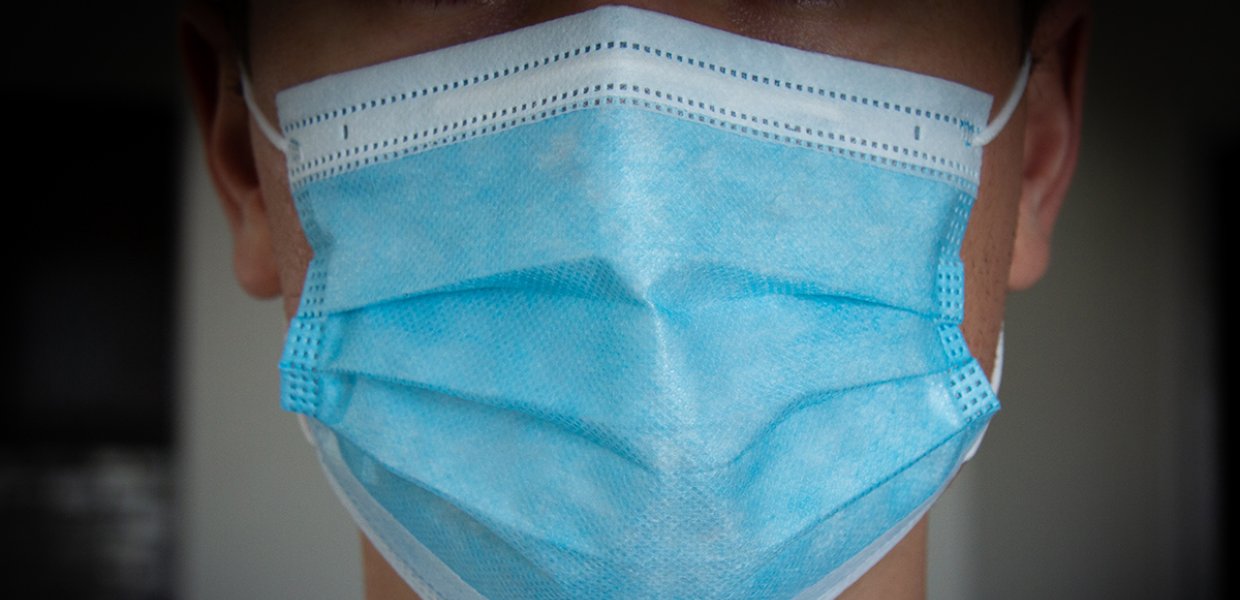According to a new study from the USC Center for the Digital Future, the COVID-19 pandemic continues to have profound effects on the lives, livelihoods and outlooks of Americans. This latest of two surveys finds that because of the pandemic, most Americans are not comfortable resuming daily life outside the home; a majority of Americans say national elections need to change, including broad support for voting by mail and online political conventions; and Anthony Fauci continues to be the nation’s most relied-upon source about COVID-19.
The first round of the nationwide Coronavirus Disruption Project study — based on the results of surveys of 1,000 respondents conducted in English from an online panel, with a margin of error of plus or minus three percentage points, was released on April 29. The survey revealed substantial changes in relationships, emotional stability, and personal behavior since the COVID-19 pandemic and safer-at-home restrictions began.
The second round, which used the same methodology, added new questions about political behavior and compared their responses about changes in working from home, online education, media and entertainment, shopping behavior, and political outlooks.
“Going back to people after three months of living in a pandemic, we found those with good internet connections were fairly comfortable with the changes in their lives,” said Jeffrey I. Cole, director of the USC Center for the Digital Future. “We learned that most people had settled into working online and temporarily living without restaurants, shopping in person, and the other routines of normal life.
“We also found significant problems for some who can’t work from home online, or those with inadequate internet connections,” said Cole. “But most of us are able to cope with life during the pandemic, and we are seeing changes in work, social activities, and communication that may affect life as we know it for a very long time.”
Low percentages are ready for return to public activities
The June study found that other than grocery shopping, most people are uncomfortable doing anything outside their homes right now. For example, only 41% are willing to see a doctor for a non-urgent appointment, and 39% would shop in retail store.
Even fewer said they would dine in a restaurant (25%), stay in a hotel (19%), use public transportation (14%), go to a movie or play (11%), travel by plane or train (11%), or go to a live sports event or concert (8%).
One-quarter will wait for a vaccine to do anything in public
The study also found many people will continue to be very cautious about public activities until a vaccine for COVID-19 is found: When asked what they will not do until they receive a vaccine, 46% said they will wait to go to a live event, 45% will wait to travel by train or plane, and 42% will wait to go to a movie or play.
Twenty-six percent of Americans said they will do nothing in public until a vaccine is found.
Americans want changes in voting methods and political conventions
A majority of Americans believe the national political conventions should change: 51 percent say the conventions should either be held completely online (44%) or not at all (7%). Only 16% say conventions should be held “as usual.”
Statistically identical percentages of Americans support voting by mail (65%) and traditional polling places (64%). Forty-four percent want voting online. When asked for views about alternatives to traditional voting, 65% of Americans said that “anything that gets more people to vote is a good thing.”
Huge liberal-conservative gap
The new study also found large differences between liberals and conservatives about the future of elections.
When asked about voting by mail, 84% of liberals supported it, compared with 45% of conservatives. When asked about “anything that gets more people to vote is a good thing,” 87% of liberals agree — more than twice the percentage of conservatives who support that view (39%).
And while 38% overall are concerned about fraud when voting by mail, nearly three times as many conservatives (62%) as liberals (22%) are concerned.
Fauci still #1 source for pandemic information; Trump slumps
The June survey found more Americans (44%) rely on Anthony Fauci, director of the National Institute of Allergy and Infectious Diseases, than any other individual for information about the pandemic.
After Fauci, individuals rely on New York governor Andrew Cuomo (19%), CNN medical correspondent Sanjay Gupta or the respondent’s own mayor (16%), and Coronavirus Response Coordinator Deborah Birx (15%).
The new survey found President Donald Trump is relied on by 12% of Americans for pandemic information, down from 20% in the Center’s survey in April. In the June survey, 29% of conservatives and 2% of liberals said they rely on Trump. The largest level of reliance on Trump was 40% of those who identify themselves as very conservative.
Fewer have faith in federal, state, and local response to the pandemic
The June study found 43 percent of Americans said the federal response to the COVID-19 pandemic was poor, an increase from 39% in April — this compares with 18% who reported the state and local response as being poor, up from 14% in April.
The June study also found for the second time that Americans were more likely to give high marks to state and local agencies than they were to the federal government. Forty-eight percent of Americans in the June study said the state and local response has been good or excellent, down from 54% in April. Twenty-eight percent of Americans believe the federal government’s response to the pandemic has been good or excellent, down from 33% in April.
